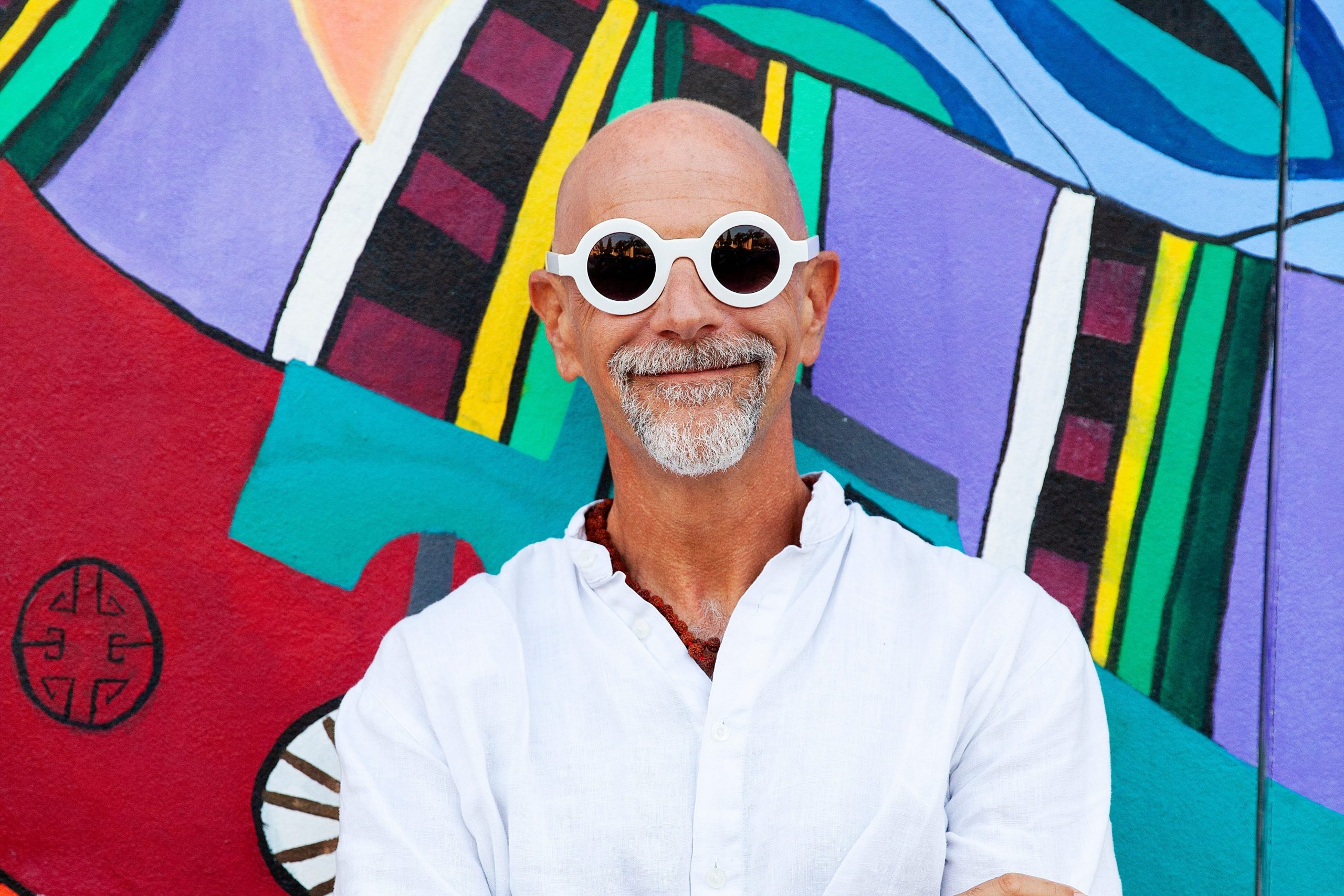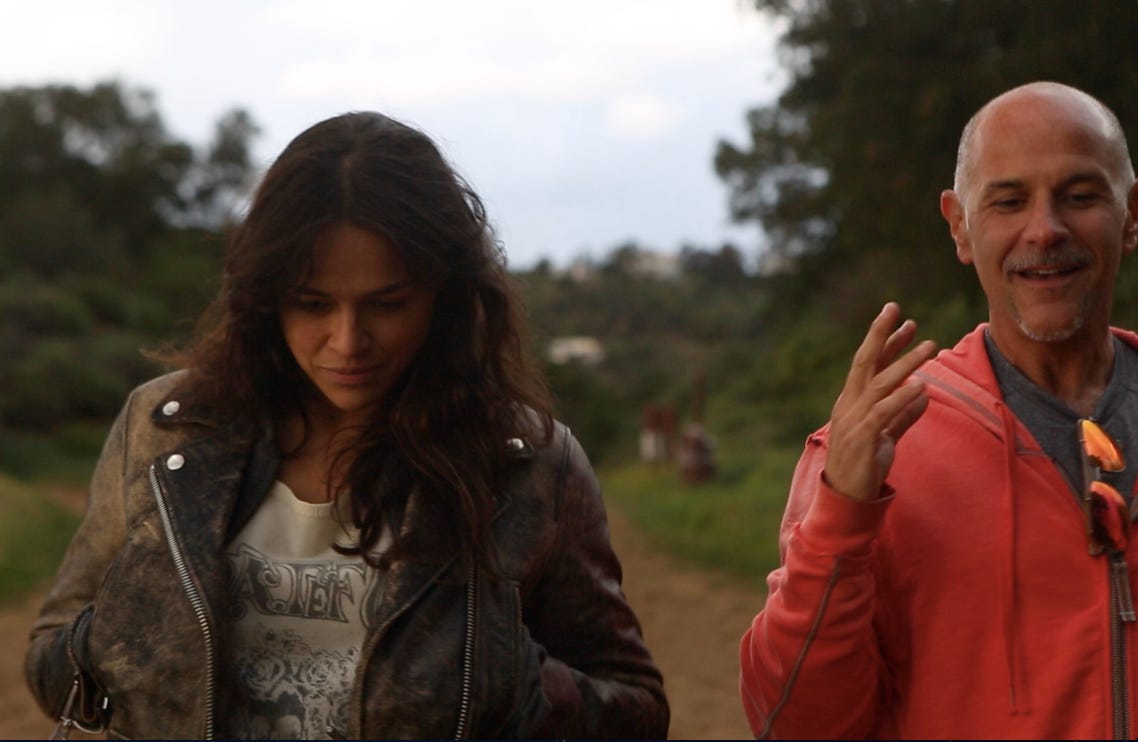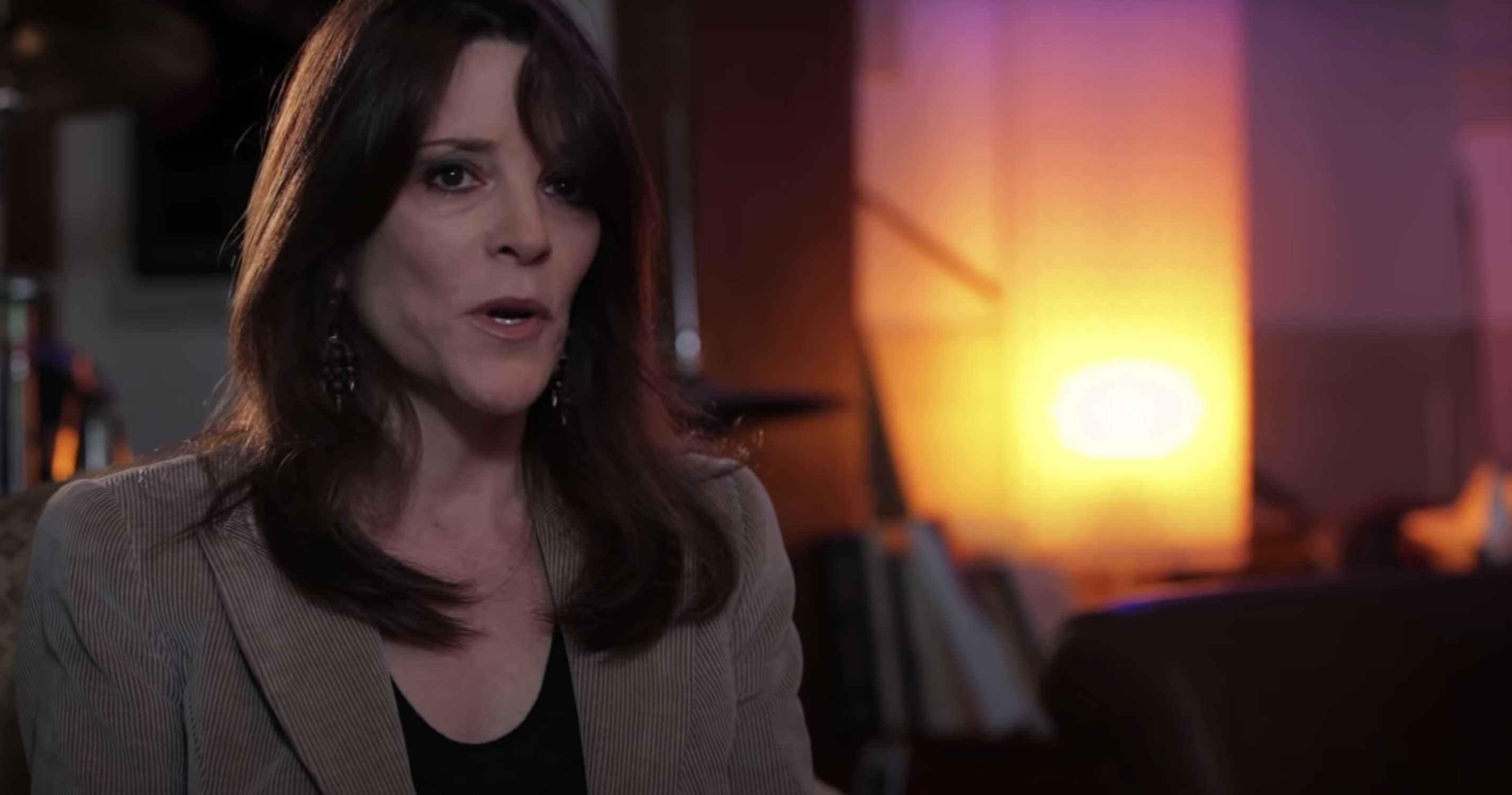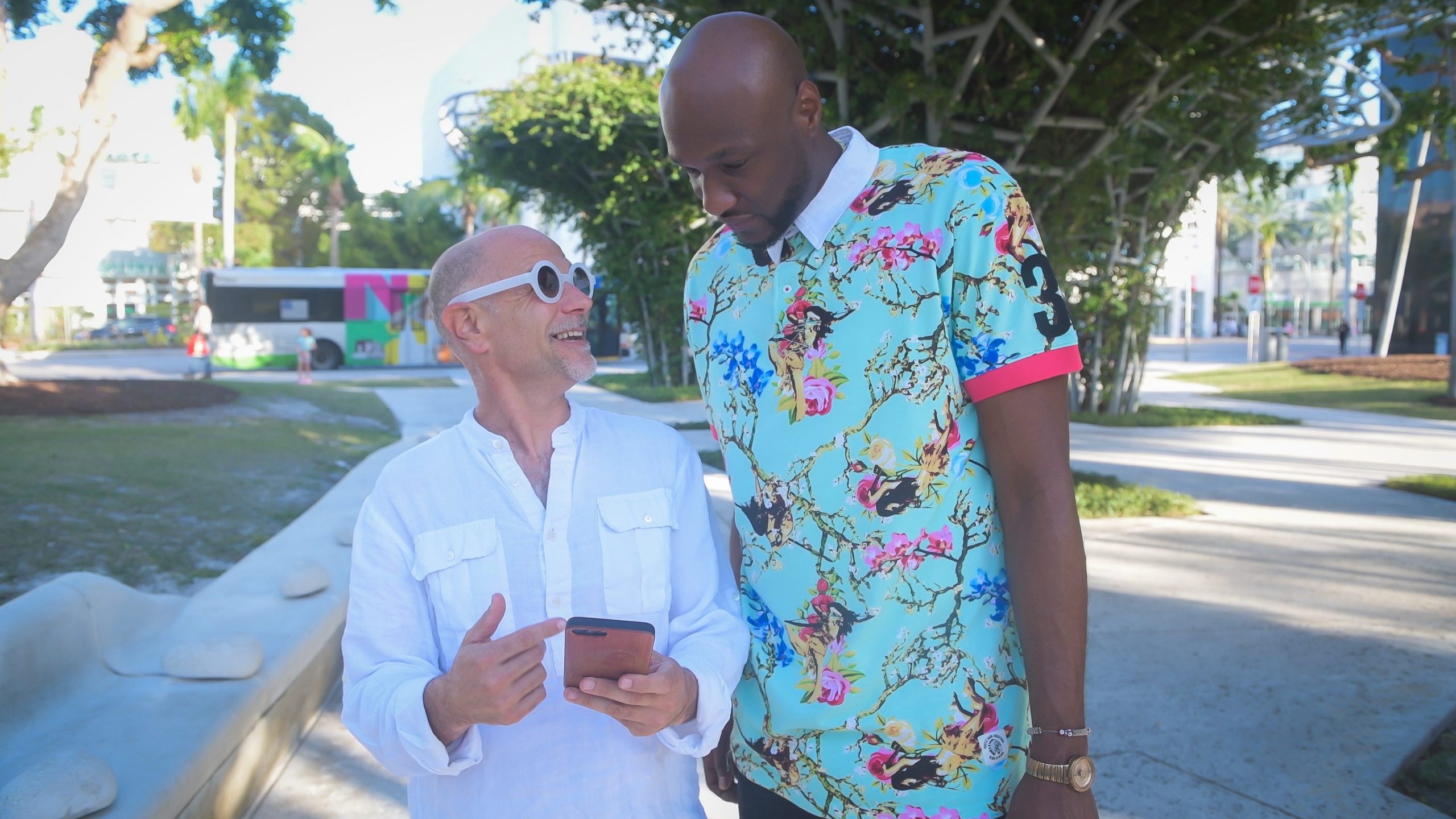
Julie Jay Kelly
- Mike “Zappy” Zapolin tried ayahuasca in a search for greater meaning and has devoted his career to psychedelics ever since.
- He has served as a “psychedelics concierge” to celebrities such as Michelle Rodriguez and Lamar Odom, and worked with Marianne Williamson.
- Zapolin’s latest venture, KetaMD, aims to provide accessible ketamine treatment via telemedicine.
- Visit Insider’s homepage for more stories.
If you ask Mike “Zappy” Zapolin, psychedelic therapy is exactly what the doctor ordered to treat the ills caused by 2020.
The entrepreneur-turned-psychedelic-guru told Insider he thinks nearly everyone could qualify for a ketamine treatment right now – the drug has been found to help ease depression and PTSD symptoms, as well as suicidal ideation – given how the stress of the coronavirus pandemic has impacted us all.
“I think we’re in the PTSD age right now, where people are traumatized and don’t really know how to fix it,” Zapolin told Insider. “The only way they’re going to fix it is to go inside themselves to get those answers, in my mind.”
Zapolin reached such a critical point himself after a couple decades of chasing tangible markers of success. After a stint in investment banking on Wall Street, he shifted his focus to direct marketing and made millions buying and selling domain names like Beer.com and Computers.com at the turn of the millennium. But the dot-com magnate still felt like he was missing something.
“I hit this point in 2011 where I had this spiritual midlife crisis,” Zapolin said. “I was like, oh my god, I just did everything that society told me I should do and I’ll be totally happy. And yeah, I have happiness, but I’m not fulfilled.”
To find that fulfillment, Zapolin decided to look inward. He traveled to Peru to drink ayahuasca, an ancient, psychoactive plant brew, with a shaman and alternative medicine advocate Deepak Chopra by his side. The experience was life-changing, Zapolin said - and it quite literally changed the trajectory of his career.
Since his first trip, Zapolin has guided celebrities and business leaders in their own psychedelic journeys and directed films about the experiences. He calls himself a "psychedelics concierge to the stars," and he's also devoted himself to advocating for legal and accessible psychedelic treatments through several nonprofit and for-profit ventures.
What it means to be a 'psychedelics concierge to the stars'

Laurent Levy
Not long after his first trip to Peru, Zapolin met the actress Michelle Rodriguez through a mutual friend. After hearing about Zapolin's experience with plant medicine, she decided to return to Peru with him in search of greater fulfillment.
Their excursion is captured in the 2016 documentary "The Reality of Truth," which Zapolin directed. In the film, Rodriguez tries ayahuasca and the hallucinogenic San Pedro cactus, punctuated by discussions from Chopra, Marianne Williamson, Ram Dass, and other leaders in spiritual thought.
The documentary won a Van Gogh Award at the Amsterdam Film Festival in 2017, and it also caught the eye of a friend of Lamar Odom, who was struggling with drug addiction at the time.

The Reality of Truth
Zapolin invited the basketball player to try a series of ketamine treatments in Florida, and Odom quickly warmed to psychedelics after his first go. That's when Zapolin stepped into his "concierge" role.
"When you go to a concierge at the hotel, you ask, 'Hey, where should we go to dinner around here?' and they go, 'OK, what kind of food do you like? Do you like music? Are you into wine?'" Zapolin said. "When I'm talking to somebody, it's usually, 'What's your trauma? What are you trying to achieve? What's your intent?'
Just as a hotel concierge would recommend a Michelin-starred restaurant to a foodie guest, Zapolin suggested Odom try ibogaine, a compound derived from the African root iboga, due to its potential to rewire addiction pathways in the brain. The experience gave rise to another documentary film, "Lamar Odom Re/Born."
After the ketamine, the ibogaine, and a daily practice of meditation and breathing, Zapolin said Odom has achieved the transformation he hoped for. He met a major goal - playing professional basketball again in Dubai - four months after his ibogaine experience.
Zapolin's advice often involves figuring out where to do these treatments via legal loopholes or international travel. He and Odom went to a clinic in Florida for ketamine infusion therapy, which is a permitted off-label use of the legal anesthetic. The duo traveled to Mexico for the ibogaine experience, since the substance is unregulated there but is illegal in the US.

Andres Jimenez
Psychedelic medicine is on the rise
Although ibogaine, ayahuasca, and many of the other substances in Zapolin's repertoire are currently illegal in the US, public acceptance of psychedelics is on the rise.
For example, the Food and Drug Administration approved a nasal spray inspired by ketamine for treatment-resistant depression in 2019.
Michael Verbora, medical director of Canadian psychedelics company Field Trip, told Insider all of these substances modulate the happy-making neurotransmitter serotonin in different ways. That may explain why ketamine and psilocybin are being prescribed for depression.
"We're living in a very disconnected world, despite having all this technology that's supposed to bring us closer and closer together," Verbora said. "So it's really interesting to me that psychedelics are kind of making a comeback. It's almost like a necessity to the needs of society."
Zappy says ketamine is 'the holy grail' of psychedelics, and we should all have access to it
Zapolin has committed to fighting for increased access to all mind-opening psychedelic substances, including ayahuasca, ibogaine, LSD, psilocybin, and peyote, via a social movement called The Mind Army.
But his recent efforts have focused on ketamine, which he sees as the "holy grail" for people who want a life-changing experience in the safety of a doctor's office.
He established a non-profit organization, The Ketamine Fund, for providing reduced-cost ketamine treatments to veterans and those dealing with suicidal ideation.
With his latest venture, KetaMD, Zapolin hopes to bring those treatments to the comfort of people's homes. It is a virtual network where doctors can approve patients for at-home ketamine treatment guided via telemedicine. The for-profit service, which is currently in private beta testing, will also aim to offer lower costs than private clinics.
Zapolin said he hopes to reach millennials, "before they go down this traditional path of decades of antidepressants and talk therapy that may not work."
"We're not out here letting somebody tell us that alcohol is good, tobacco is good, but somehow psilocybin mushrooms are bad, and they're off the table for you to even try to help yourself with," Zapolin said. "I'm just not living in that reality anymore."
Read more:
A Navy SEAL veteran with PTSD said a 'magic' mushroom trip put an end to his depression
